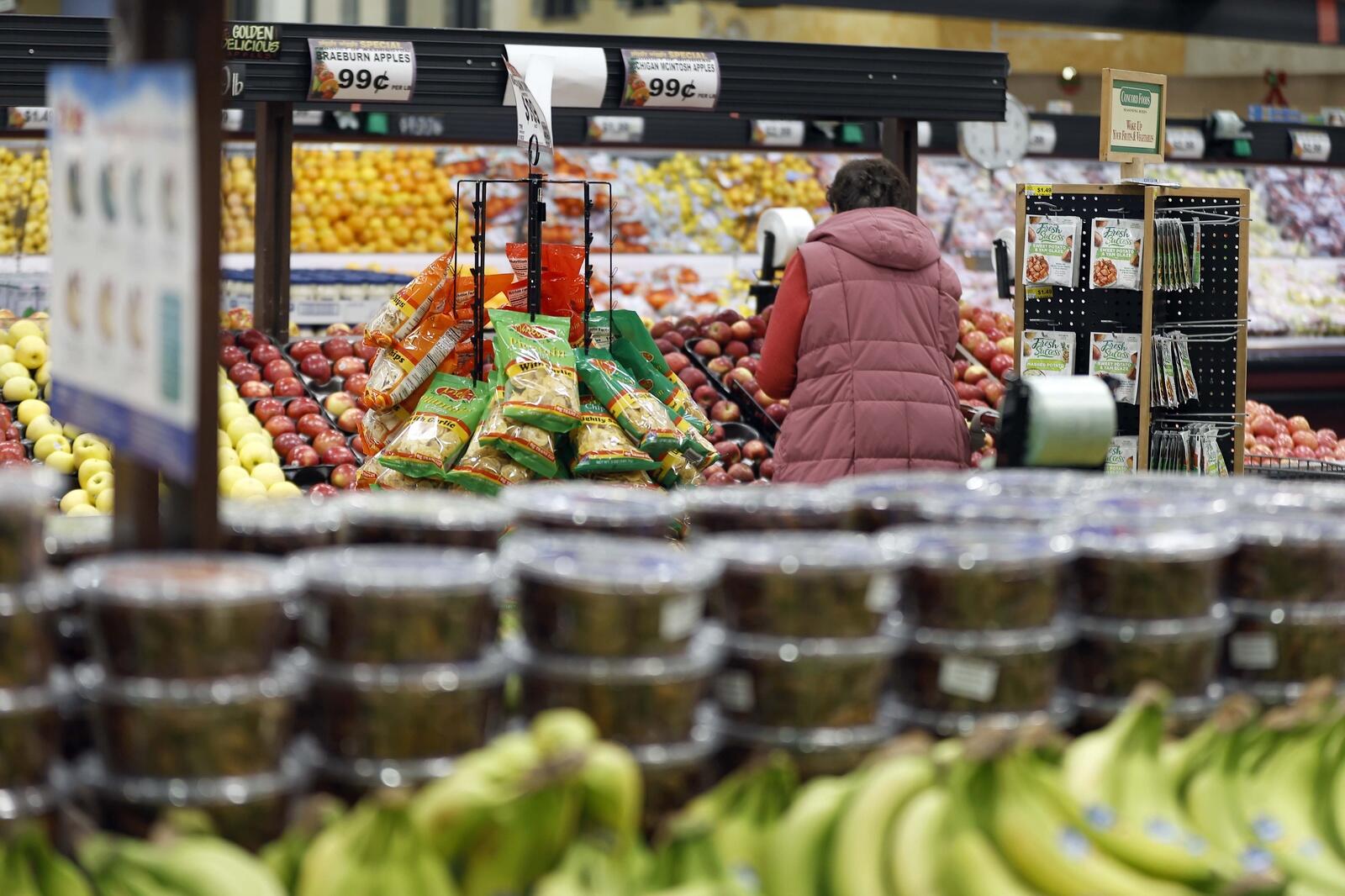Unlike most other suburbs, Mundelein won’t replace the 1% state tax on groceries set to expire Jan. 1.
Village board members on Monday informally chose not to pursue creating a new tax to make up the revenue the town will lose when the state tax disappears.
The decision, made following a finance committee review of the village’s options, wasn’t unanimous. Trustees Kara Lambert, Jennifer Grieco, Arnold Krinski and Erich Schwenk opposed creating a new tax, while Tony Ugaste and Daniel Juarez supported such a tax.
The state grocery tax generates between $1.1 million and $1.2 million for Mundelein each year, Village Administrator Eric Guenther said. The money goes into the village’s general fund and is used for operations, projects and more, he said.
Gov. JB Pritzker proposed dumping the grocery tax in 2024, and the change was enacted as part of the state budget approved that August.
In response to the proposed repeal of the tax, Mundelein officials increased the village’s sales tax rate in March 2024 to 8.25% from 8%, effective that July. The village board reconsidered its tax options in August 2024 after the state budget was approved, and trustees opted to leave the sales tax rate at 8.25%.
Municipalities have until Oct. 1 to create a local grocery tax that would be implemented Jan. 1 for a seamless transition, and most are doing so. Arlington Heights, Buffalo Grove, Des Plaines, Geneva, Libertyville, Naperville, Palatine, St. Charles and Wheaton are among the towns that have approved creating local grocery taxes.
Officials in Gurnee and Bartlett instead chose to increase their towns’ general sales tax rates.
The next filing deadline is April 1, 2026, for implementation on July 1, 2026.
While opposing a new grocery tax, Lambert suggested increasing the taxes on alcohol, vape products and tobacco as a way to make up the lost revenue. Guenther said his team will look into options.
Lambert also said she’d only approve creating a 1% grocery tax if the board also dropped the general sales tax rate back to 8%. “In my mind, you’re now like double dipping,” she said.
Guenther responded by pointing out eliminating the quarter-percent tax would create a different financial shortfall.
Krinski asked if not having to pay a 1% grocery tax on goods in Mundelein could be appealing to consumers and draw people to town. Guenther said he didn’t think so, because a 1% discount on a $300 family grocery bill is only $3.
A video recording of the discussion can be found at mundelein.org.

Gerald Steele is the founder of Stonegate Health Rehab. He shares expert insights, recovery tips, and rehab resources to support individuals on their journey to wellness.
